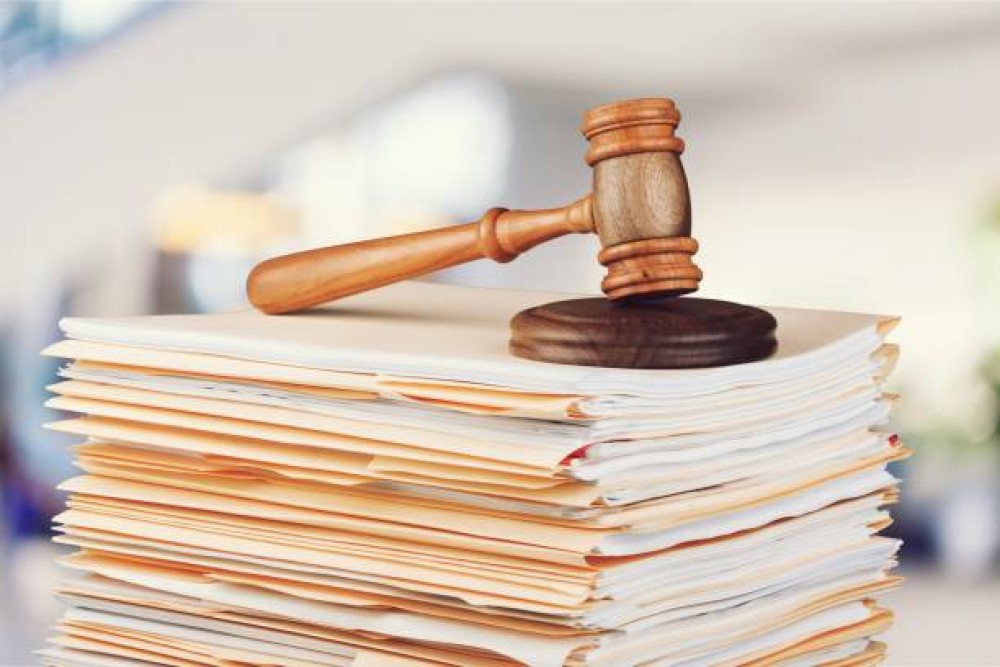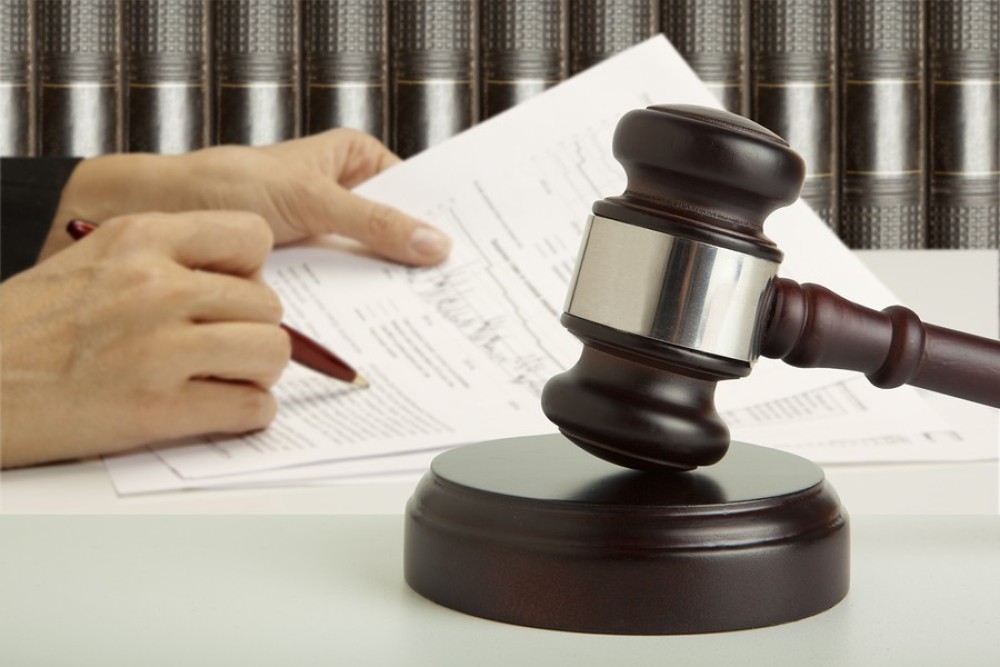
A winning legal complaint follows a precise checklist that ensures clarity, compliance, and persuasiveness. Learn the essential steps and how Legal Husk perfects every one.
Learn More →
Overloading your legal complaint with unnecessary details can sabotage your case. Discover why less is more and how Legal Husk ensures your filing is clear, persuasive, and court ready.
Learn More →
Skipping a pre-filing complaint review can destroy your case before it starts. Learn why this crucial step protects your lawsuit and how Legal Husk ensures your filing is court-ready.
Learn More →
Discover proven complaint drafting secrets from attorneys who have won landmark cases and learn how Legal Husk applies these strategies to give your case the winning edge.
Learn More →
The tone of your legal complaint can shape a judge’s first impression of your case. Learn how to avoid costly tone mistakes and craft a persuasive, judge-friendly filing with Legal Husk.
Learn More →
Waiting too long to revise your legal complaint can destroy your case. Learn when and how to act fast with Legal Husk before deadlines close and options vanish.
Learn More →Whether you are dealing with a complex family matter, facing criminal charges, or navigating the intricacies of business law, our mission is to provide you with comprehensive, compassionate, and expert legal guidance.